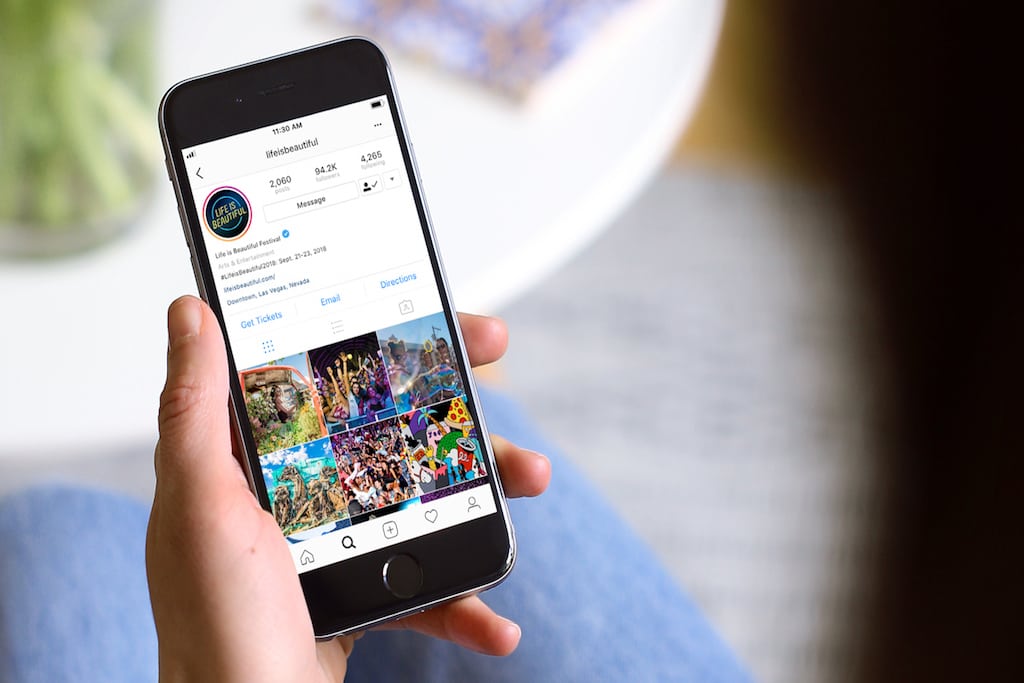Would You Buy Your Next Event Tickets on Instagram?

Skift Take
Social media marketing has become a staple for events in recent years, although for many a tangible return on investment can be hard to quantify.
Social media networks, at the same time, have moved in recent years to allow events and resellers to sell tickets to users. Facebook was among the first to embrace event ticket e-commerce on its platform, connecting with a variety of event technology providers and brands.
Finding new customers is always a challenge for events, and social networks will emerge in coming years as a new battleground for selling tickets to events.
Snapchat has integrated with concert and sports ticket reseller Seatgeek to sell tickets on its platform, and Eventbrite will be one of the first companies to integrate Snapchat features into its app. Instagram, as well, has introduced connectivity with Eventbrite to sell tickets through the Instagram app.
From a business perspective, these integrations make sense for both parties. As platforms like Instagram and Snapchat open their application programming interfaces (API) to customers, a wave of experimentation will take place that generates some revenue and increased interest from marketers for the social networks.
Eventbrite has done some research that bears out the challenges faced by event marketers who use its technology. Reaching new attendees is the greatest challenge faced by 89 percent of Eventbrite's event creator customers, according to a survey of 1,000 customers late last year.
Acquiring new customers is an expensive endeavor for events, particularly as they compete for attention on crowded social media platforms where a variety of companies hawk their products. This is one of many reasons that email and search marketing are generally more effective than social media marketing when it comes to events.
Yet, the opportunity is there for events that are catering to potential attendees who are frequent social media users. Young professionals, in particular, are likely to be active users of Instagram and Snapchat, even if they don't use them as frequently during work hours.
Snapchat parent Snap's latest financial report found that the company had 191 million daily average users in the first quarter of 2018, with North America and Europe leading the world in usage. The company's revenue per user, though, is dropping, leading Snap to introduce developer tools that will allow companies to sell on and integrate with the platform in ways similar to Facebook. Its integration with Seatgeek and partnership with Eventbrite is likely only the first of many event companies to come.
Instagram has more than 500 million daily average users, by comparison. Both companies are innovating heavily in augmented reality, delivering a series of lenses that are monetized through brand partnerships. Snapchat recently took this a step further, allowing companies to sell products through sponsored lenses beginning in April.
Snapchat's Snap Kit suite rolled out to developers this week, with Eventbrite on the list of initial third-party companies connecting with the platform. Eventbrite, obviously, isn't the biggest event technology services company when compared to giants like Cvent, but as we see time and time again across many sectors, smaller technology companies are often able to move more quickly and take risks than larger competitors.
As social media becomes a sales channel in addition to a marketing channel for events, corporate and association events will have to adapt. Platforms will become more interconnected, so being able to reach customers on the social apps they use most will take on increased importance.
This is just the beginning of a wider shift in how consumer research and buy online, and everyone across the meetings and events sector should start paying attention.




